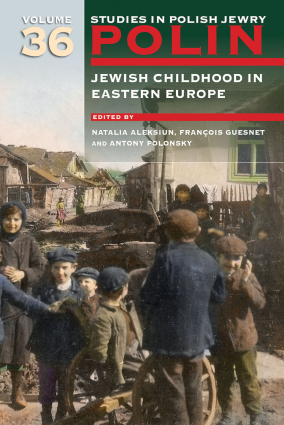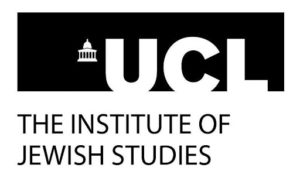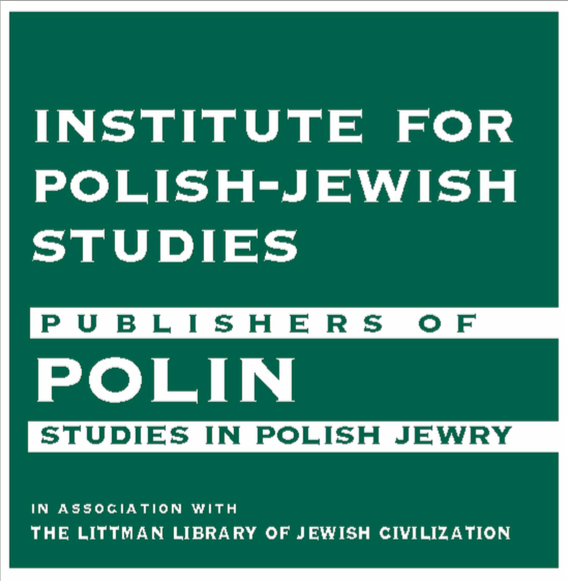Jewish Childhood in Eastern Europe
A One-day Online Conference to Launch
Polin: Studies in Polish Jewry Volume 36
Published by the Littman Library of Jewish Civilization/Liverpool University Press
Thu 22 Feb 2024 1:00 PM – 5:00 PM GMT

Thu 22 Feb 2024 1:00 PM – 5:00 PM GMT
Organised by the Institute for Polish-Jewish Studies and the UCL Institute of Jewish Studies, in partnership with the Polin Museum of History of Polish Jews, Warsaw.
The conference will take the form of two online discussions hosted in cooperation with the Polin Museum of History of Polish Jews. This volume is an examination of the history of children, childhood and child-rearing in Jewish Eastern Europe. The contributors, drawn from Israel, Poland, Western Europe and North America, have endevoured throughout to let children and teenagers speak for themselves and, while aware of the limits of their freedom of action, to assess their degree of agency. At the same time, close attention has been paid to ideas and ideals about Jewish children and Jewish childhood expressed by those with a degree of power over these children’s lives: not only their parents, but religious and communal leaders, educators and political activists invested in mobilizing the youth.
PROGRAMME
1 – 2:45 pm GMT
Welcome: Dr Michał Trębacz (Polin Museum of History of Polish Jews), Prof François Guesnet (UCL)
Panel One: Jewish childhood in the early 20th Century
Chair: François Guesnet
Yehoshua Ecker (University of Florida; Touro University, New York): The Jewish Galician countryside experience from a child’s perspective
Jan Rybak (Central European University, Vienna): Refugee Children into Pillars of the Nation: Zionist Care Work for Galician Jewish Refugee Children in WW1 Vienna
Ula Madej-Krupitsk (McGill University, Montréal): Polish Jewish Youth Encounters the ‘Other’ while Vacationing in the Second Polish Republic
2.45-3:15 Break
3:15 – 5:00 pm GMT
Panel Two: The Holocaust and Its Aftermath
Chair: Natalia Aleksiun (University of Florida)
Joanna Śliwa (Jewish Material Claims Against Germany: Jewish Children Seeking Help from Catholic Institutions in Kraków during the Holocaust
Anna Sternshis (University of Toronto): Yiddish Childrens’ songs of the Holocaust in Transnistria
Boaz Cohen (Western Galilee College): Rehabilitating Holocaust child victims in postwar Poland
Please consider donating the IPJS, to help us continue to provide programmes such as this –> DONATE



